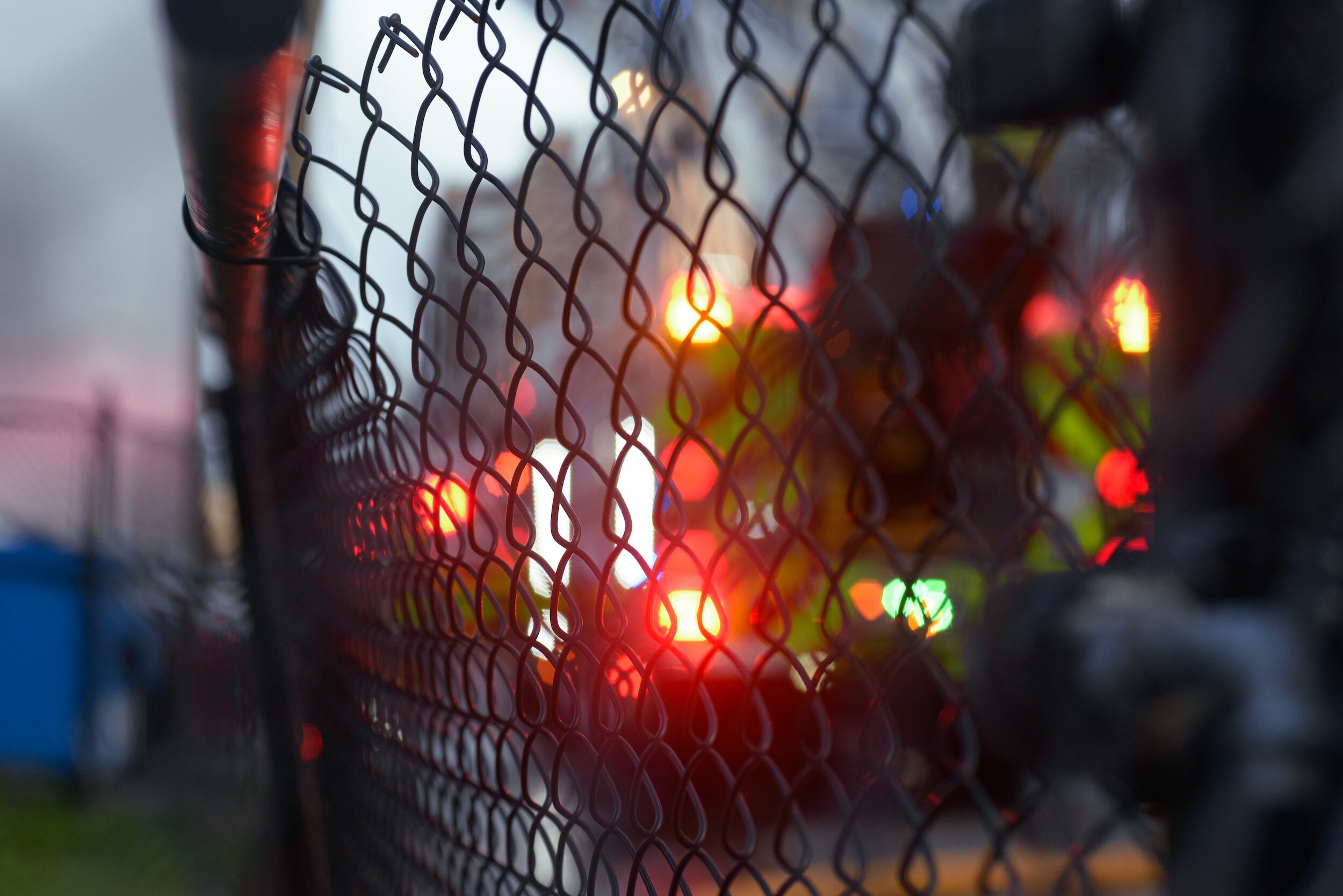Coping with PTSD symptoms as a First Responder
Today, we are sharing this blog space with Alexia Eller, LMSW. Alexia is a trauma therapist, an EMDR therapist, and a mental health advocate. She has a diverse work history working with and alongside first responders, giving a unique insight into the ways in which trauma presents itself. Join us in learning more about the topic of trauma and first responders.
First Responders are trained professionals who typically arrive first on the scene of any type of emergency, some people classify them in different ways in their head but one thing they all have in common is that they are humans too.
As a human who has worked with first responders on the scene and witnessed some traumatic events while being an accessible support system for them as well as loved ones impacted by what is occurring, I can honestly say that first responders and the community forget the concept of humanity when it comes to the residual effects from what occurred.
According to the Substance Abuse and Mental Health Services Administration (SAMHSA), PTSD symptoms and substance use are more common in first responders than you would think. Some common PTSD symptoms can be intrusive thoughts on memories, avoidance of people or activities, a negative thinking loop in your head, and physical and emotional changes
Additionally, American Psychiatric Nurses Association research reports have identified that first responders often experience barriers to receiving mental health services.
I have firsthandly witnessed some first responders who I care for get on the struggle bus after feeling the aftermath of a traumatic scene that they thought they were over, but never handled and it is seeping into their lives personally, physically, and emotionally. One thing I do know is that first responders are resilient and can develop coping skills that work for them to gain a more positive outlook for their careers and lives.
As the National Library of Medicine reviewed there are alternative options for coping with PTSD symptoms. As someone who has worked closely with first responders and is passionate about them the top coping strategies I have found helpful for them are:
Maintenance of Healthy Lifestyle - Having the right diet, nutrition, and physical activity to get any tension or discomfort moving through your body has been very helpful.
Trauma-Focused Processing - Containment of a distressing event or feeling along with treatment like EMDR therapy or CBT can assist providing relief in from the PTSD symptoms
Venting to a Buddy - Having another person who is within the same field or something similar who can grasp how it feels to be in those spaces, whether you talk about it in depth or sit there in silence is a blessing and one of the best supports for you.
Practice Self-Care - self-care or love for yourself can look different for everyone; whether you want to download the Calm app, incorporate stretches after a long day, play hooky for the day and decompress, or occupy your time with a loved activity that boosts your serotonin, do it. Be selfish in this area of your life.
Coping as a first responder can seem like a daunting task to some, but if you have the right support system and tools in your toolbox, you can tackle the onset of any PTSD symptoms in time. I want nothing more than to see the glimmer in your eye that you have some relief from that awful day you continue to relive or try to escape from in not healthy ways.
If you are interested in pursuing healthier alternatives of coping as a first responder with someone who has experienced similar events and can understand where you are coming from, reach out to Alexia Eller, LMSW or another team member who will be happy to meet with you in person at our Arlington, TX-based therapy office or virtual therapy throughout the state of Texas.



